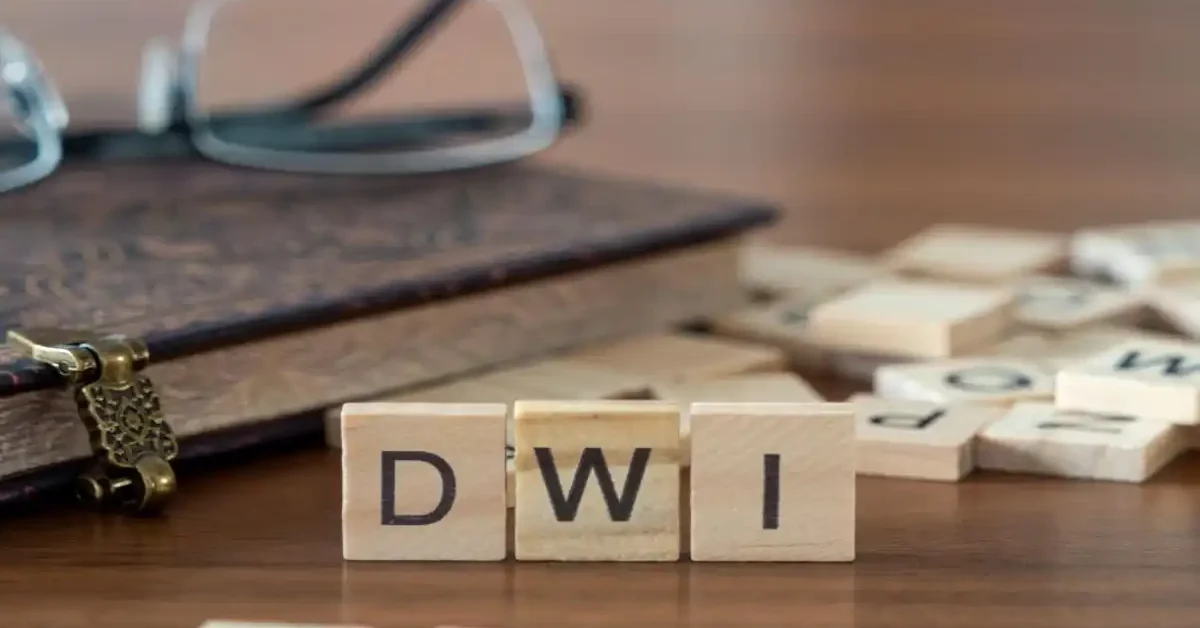Getting arrested for driving while intoxicated (DWI) can feel overwhelming. One minute you’re driving home, and the next you’re facing serious criminal charges that could affect your job, finances, and freedom.
The legal system moves fast after a DWI arrest. You’ll have court dates to remember, deadlines to meet, and decisions to make that can change the outcome of your case. Many people don’t know where to start or what steps to take first.
Luckily, this article breaks down each step of the DWI legal process so you know exactly what to expect. Read on for the details!
Contents
Hire an Experienced DWI Lawyer
After a DWI arrest, hiring a lawyer can make a big difference in how you handle the case. A knowledgeable attorney can explain your rights, review evidence, and guide you through each stage of the court system.
Your attorney can also help you understand how law enforcement gathered information and whether those tests were conducted properly. They can review if you exceeded the legal limit and if there were any issues with how the driver’s license suspension was handled. They might identify possible errors that could influence your case.
Since each state has different DWI laws and suspension periods, having someone familiar with local regulations can make the process smoother. For instance, if you’re in Wake County, work with a local attorney with experience handling DWI cases there. They understand Wake County DWI rules and can guide you based on how the courts in your area operate.
Stay Calm and Compliant When Arrested
Being stopped for impaired driving can be stressful, but staying calm can help prevent further complications. If you’re pulled over, cooperate respectfully with law enforcement officers and follow their instructions. You have the right to remain silent and request an attorney before answering detailed questions.
Avoid arguing or resisting, as this could result in additional charges. When asked to take a breath or blood test, remember that refusing it could lead to an automatic license suspension in some states. Even though this might seem unfair, cooperating can sometimes lead to fewer complications with your driving record later.
Secure Your Release and Document Everything
Once you’re booked, you may be released on bail or through a bond. It’s essential to keep all paperwork, receipts, and court system documents organized. This includes your arrest report, bail information, and any temporary driver’s license forms issued after a suspension.
Documenting what happened during and after your arrest could help your criminal defense lawyer prepare your case. Write down the details you remember, such as where you were stopped, what tests were given, and how law enforcement behaved. These notes may support your defense if any procedures were mishandled.
Understand the Charges and Your First Court Date
Your first court appearance, or arraignment, is when you’ll hear your charges and enter a plea. These charges may include drunk driving, aggravated DWI, or driving under the influence. The difference between these charges can depend on your BAC level, prior offences, or whether there was serious bodily injury or property damage.
At this stage, your lawyer can explain your options. Depending on the evidence, they may advise you whether to plead guilty, not guilty, or no contest. Understanding your charges also means knowing how they can affect your driving privileges and criminal record.
Prepare for Court Hearing

Before your court hearing, your attorney may gather evidence, interview witnesses, and review how your blood alcohol content was measured. They might look for errors in how the breathalyzer was used or how the traffic stop occurred. Small mistakes during this legal process could impact your case’s outcome.
During this time, your driver’s license may still be suspended, depending on state law. Some states allow limited driving privileges for work or school under certain conditions.
Many DWI cases don’t go to trial. Your attorney might negotiate with prosecutors for a plea deal that could reduce penalties. When dealing with an aggravated DWI or a repeat charge, the consequences can become more severe, sometimes involving longer suspension periods or mandatory traffic safety programs.
Should your case proceed to trial, your DWI lawyer would represent you before a judge or jury. They can challenge the accuracy of blood alcohol concentration results or question whether the law enforcers respected your rights fully. Because every situation has its own circumstances, your defense strategy would be tailored to the facts and evidence specific to your case.
Prepare for the Outcome and Penalties
Once the trial or plea deal concludes, the court could impose several penalties. These can range from community service and fines to license suspension, probation, or even jail time. In some states, you may also need to install an ignition interlock device, which blocks your car from starting if alcohol is detected on your breath.
When facing a suspended driver’s license, it’s essential to ask about the reinstatement process. You might need to complete alcohol education courses, cover outstanding fines, or participate in traffic safety programs before regaining your driving privileges. Meeting these conditions can move you closer to license renewal once the suspension period ends.
Conclusion
Facing a DWI charge is serious, but understanding the legal process helps you handle it better. Working with an experienced lawyer gives you the best chance at protecting your rights and reducing penalties. Stay organized, meet every deadline, and follow all court requirements. If your license gets suspended, find out immediately what steps you need to take for reinstatement. A DWI conviction has lasting effects, but taking the right actions now can help you move forward.

